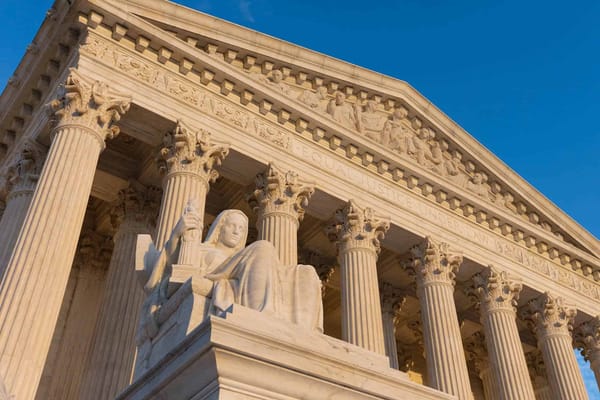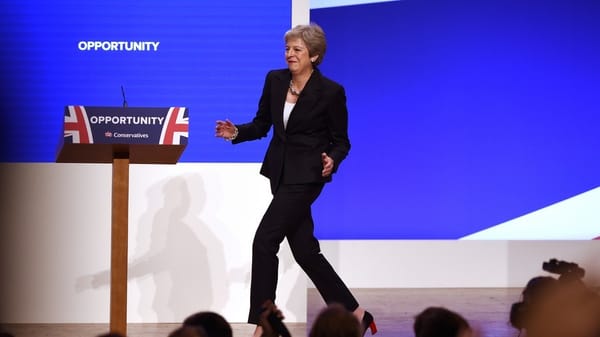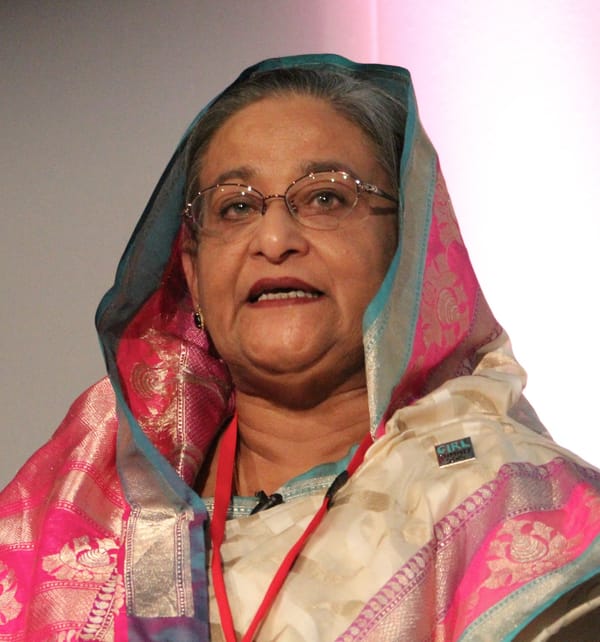Bolsonaro Wins the First Round: Brazil Goes Balls Up
The victory of the far-right candidate in the first round of the Brazilian election threatens the safety of the country’s minorities, women and environment

South American countries have usually been ignored by the Western media, with few exceptions. On the few occasions the continent was reported by our news organisations, its nations were painted as permanently failed states ravaged by civil war, dictators and death squads. This picture ignores the deep changes that the region has experienced since the late 80s, when the regimes that dominated the region started to crumble, a combination of indigenous democratic revolts against the despotic rulers and the loss of support for said rulers of successive American administrations, that had propped up criminals like Pinochet or Ríos Montt to curb the Soviet influence in the region (as one President of the USA put it: “They may be bastards, but they’re our bastards.”).
Brazil is a textbook example of this phenomenon. After the military dictatorship was toppled in 1985, the leftist government of Luiz Inácio Lula da Silva’s Workers’ Party instituted policies like the Bolsa Família, that gave financial benefits to poorest elements of society in return for providing their sons and daughters school education and ensuring that they were vaccinated. Thus, a new middle class arose for the first time in the history of the country, to the chagrin of the Brazilian elites, who had benefitted for centuries from the extreme inequality. It should also be remembered that class and race in Brazil are strongly correlated: the whiter your skin looks, the more likely you are to belong to the well-off class.
The economic transformation was accompanied by a religious one. Brazil, historically a uniformly Catholic country, became fertile ground for the American branches of Protestantism that advocate the prosperity gospel (which are part of the wider Evangelical movement in the USA), a theology that states that it is God’s will to acquire wealth. The Evangelicals have gone from being statistically insignificant to forming 20% of the Brazilian population in 2010.
In the past 10 years, the worldwide economic downturn has hit Brazil pretty badly. The formerly emergent economy was in recession between 2014 and 2016. The difficult economic situation lead to the impeachment of Dilma Rousseff, Lula’s successor at the highest office of the country, on charges of corruption. The process was seen as a farce by her supporters, who claimed that Rousseff had been unfairly tried and had been expelled from the presidency by the actions of obscure interest groups. Lula himself is now in prison, having been found guilty of corruption in a trial that many don’t consider fair. With the two biggest stalwarts of the left discredited, the figure of Jair Bolsonaro started to rise.
How can Bolsonaro be described? Well, let his statements speak for themselves. He said that a female political opponent was not even worthy of being raped. He called Haitian immigrants “the scum of humanity”. He is an ardent admirer of Brazil’s former military junta. In addition to all this, he has been clear in his homophobia, racism, sexism and anti-poor views (he is a proponent of the forced sterilisation of the lower classes, as well as being a noted climate change denialist).
Bolsonaro’s far right demagoguery has resonated in a country plagued by crisis and turmoil. He began to rise in the polls, forming an electoral coalition of the new upper middle classes, the long-standing elites, the army and the most socially conservative groups in Brazillian society, usually grouped around the Evangelical churches. His popularity propelled him to the first place in the first round of the presidential election, held last Sunday.
Bolsonaro got 46.03% of the vote nationally, crossing the 50% mark in the whiter southern states of the country. He was followed distantly by Workers’ Party candidate Fernando Haddad, as Lula (who was the only politician able of beating Bolsonaro according to every major poll) was inelligible to run due to his sentence. Brazilians will go to the polls again on the 28th of October to choose between Bolsonaro and Haddad in the second round of the election.
Bolsonaro is the last in a long line of right wing demagogues that have arisen everywhere in the world due to the challenges brought by globalisation. He is very similar to the Philippines’ Rodrigo Duterte, who infamously won the presidency of his country on a platform of encouraging the extra-judicial killing of drug dealers. If one believes his rhetoric, Bolsonaro will bring the country back to the time of the authoritarian junta. His victory would also affect the global fight against climate change, as Bolsonaro has proposed increasing the exploitation of the Amazonian rainforest, the planet’s largest green expanse. Thus, it may not be not an exaggeration to state that the fate of the world will be decided by the Brazilian electorate in two weeks. May they choose wisely.









